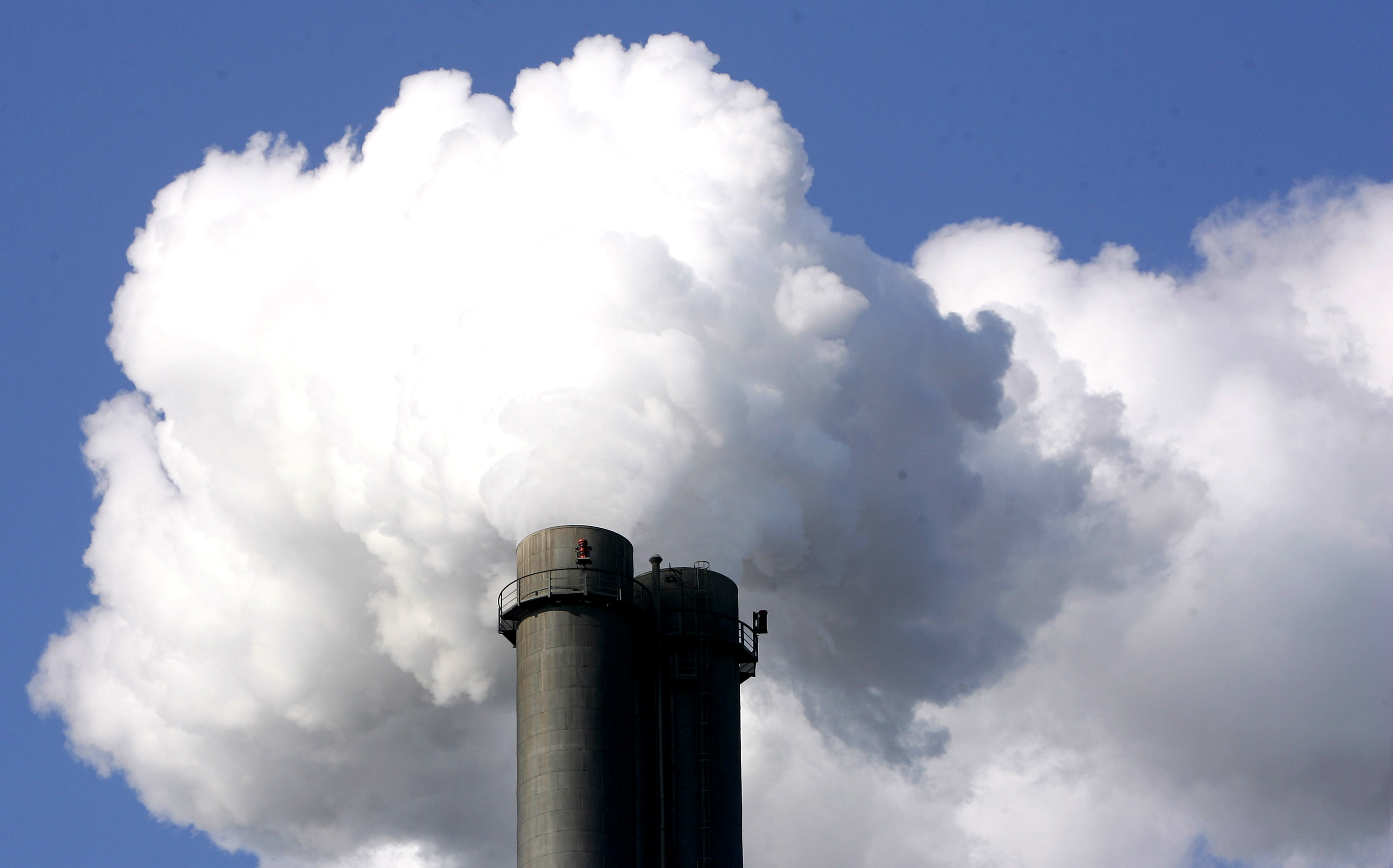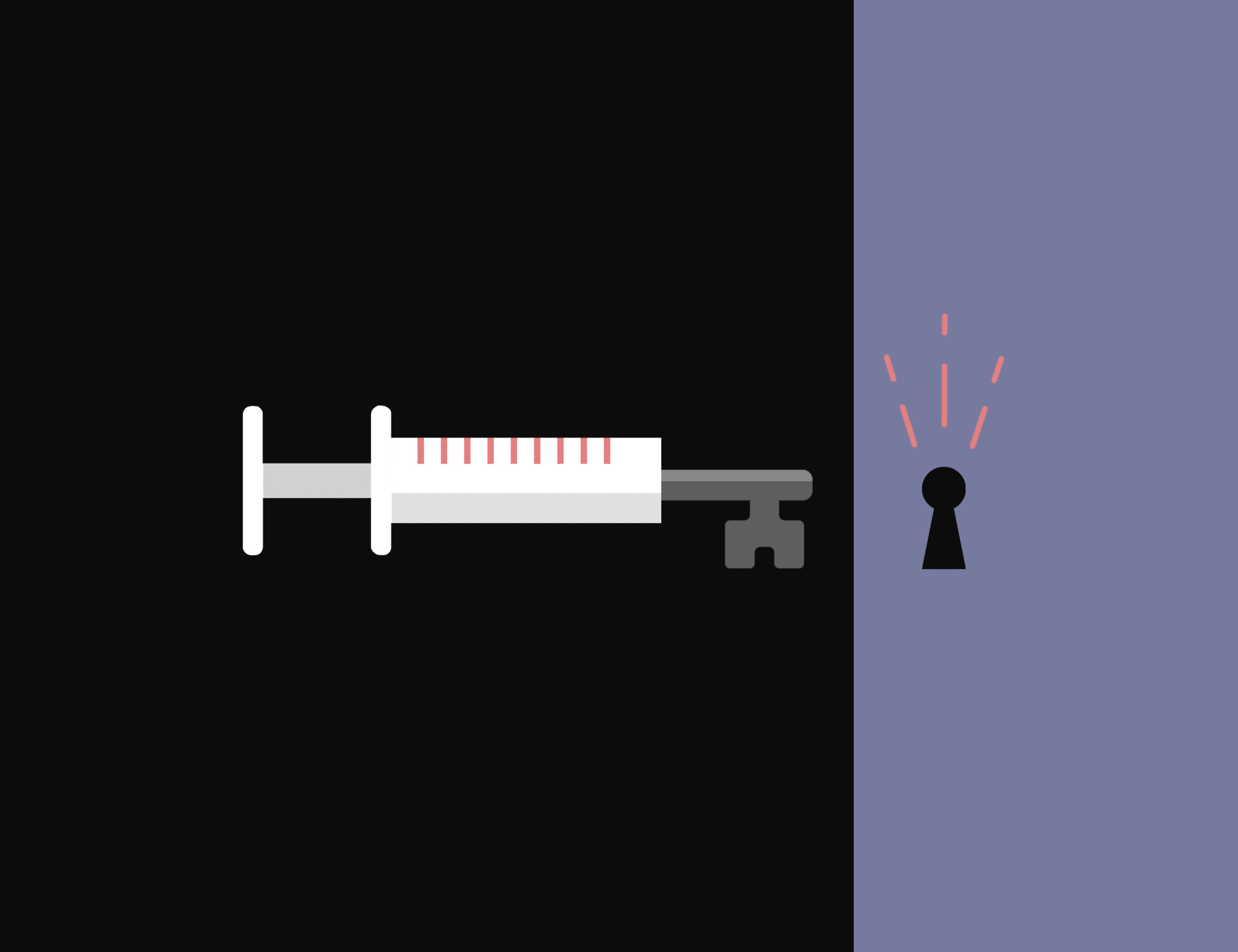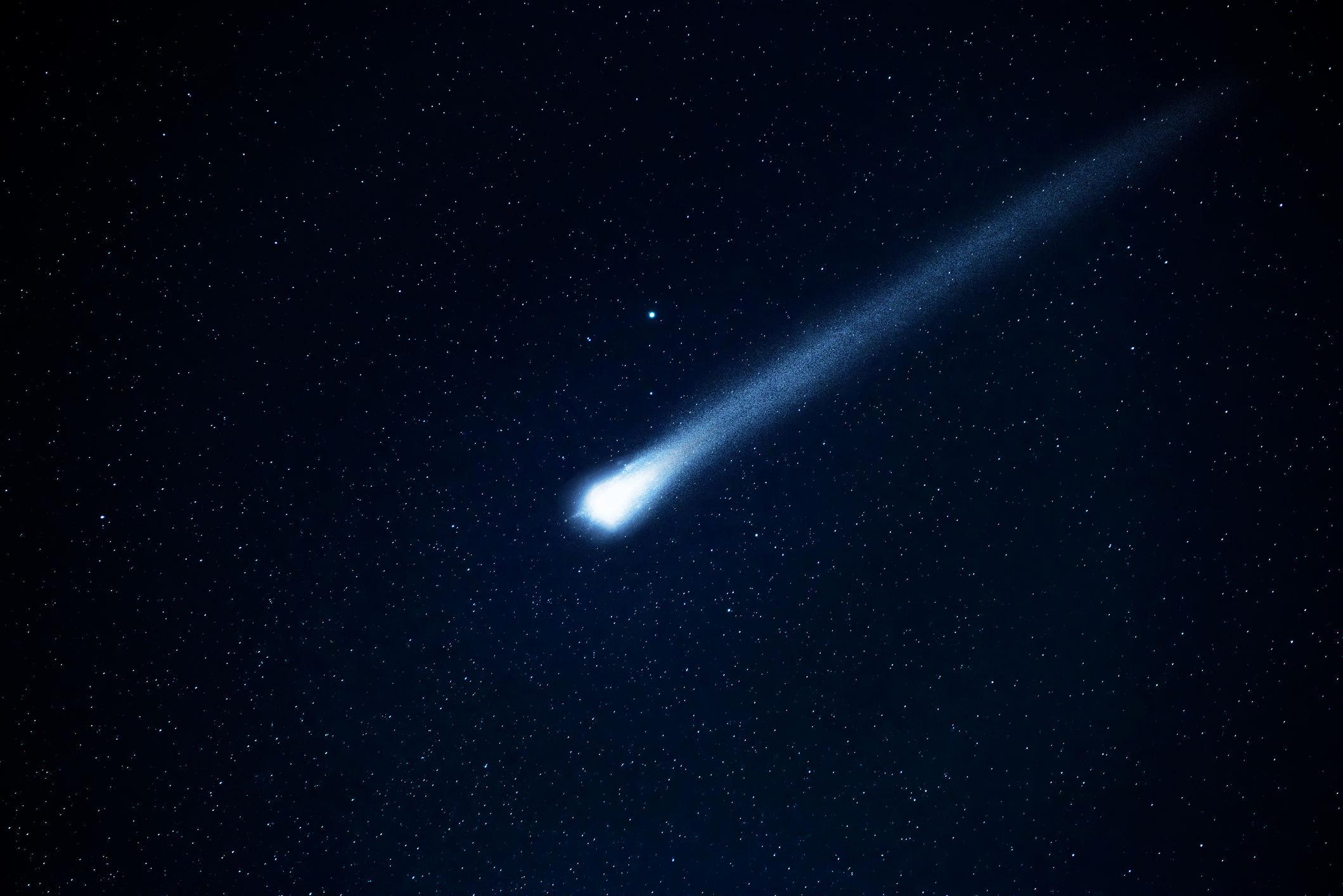How Trump is redefining the EPA
Under President Trump, the Environmental Protection Agency has made industry happy and environmentalists angry. Here's everything you need to know.

A free daily email with the biggest news stories of the day – and the best features from TheWeek.com
You are now subscribed
Your newsletter sign-up was successful
Under President Trump, the Environmental Protection Agency has made industry happy and environmentalists angry. Here's everything you need to know:
What is the EPA's mission?
The agency was created by President Richard Nixon in 1970 — a time when industrial pollution shrouded cities in smog, turned rivers and lakes into toxic stews of human waste and chemicals, and left shorelines blackened by garbage and oil spills. "Through our years of past carelessness," Nixon said, "we incurred a debt to nature, and now that debt is being called." He tasked the new agency with protecting Americans' health and the environment. For most of the past half-century, Congress and the White House have enacted environmental laws that set out broad policy goals, which the EPA turns into regulations rooted in scientific research. These regulations carry the force of law. Essentially, Congress loans the EPA its constitutional authority to regulate commerce, on the assumption that scientists and technically oriented experts are able to make more specific, up-to-date regulations than legislators can.
The Week
Escape your echo chamber. Get the facts behind the news, plus analysis from multiple perspectives.

Sign up for The Week's Free Newsletters
From our morning news briefing to a weekly Good News Newsletter, get the best of The Week delivered directly to your inbox.
From our morning news briefing to a weekly Good News Newsletter, get the best of The Week delivered directly to your inbox.
What is Trump's view of the EPA?
During the 2016 presidential campaign, Trump decried the EPA as a job-killing bureaucracy that had needlessly hamstrung the American economy with costly regulations. He vowed to "get rid of it in almost every form," leaving just "little tidbits" of environmental regulation. This view was welcomed by many hard-line conservatives and, of course, by industry. "The American people are drowning in rules and regulation promulgated by unelected bureaucrats," said Rep. Matt Gaetz (R-Fla.), who was one of the four Republican congressmen who sponsored a 2017 bill that would have abolished the EPA. "And the Environmental Protection Agency has become an extraordinary offender." Since his inauguration, Trump has stacked the EPA's senior leadership with officials openly hostile to the agency's original mission. His first EPA administrator, Scott Pruitt, had sued the EPA 14 times as Oklahoma's attorney general in behalf of the state's oil industry. The second, Andrew Wheeler, is a former energy industry lobbyist and lawyer. The EPA's senior deputy general counsel worked at American Petroleum Institute.
What has this new EPA done?
So far, it has abolished a total of 47 environmental regulations — and is in the process of rolling back 31 more, according to a New York Times analysis. A separate analysis, by Harvard Law School, found that such rollbacks could lead to at least 80,000 additional deaths per decade and cause respiratory problems for more than a million people. To reverse the ongoing decline of the coal industry, Pruitt killed a 2015 rule banning coal-fired electricity plants from dumping 1.4 billion pounds a year of toxic wastewater into rivers and streams, contaminating them with mercury, selenium, and arsenic. These pollutants have been linked to cancer, cardiovascular disease, and neurological disorders. Under Trump, oil and gas companies no longer have to inform the EPA about their methane emissions, or leaks — an important regulatory easing, since these companies emit 13 million metric tons of this extremely potent greenhouse gas annually. The EPA also lifted key controls mandating that major factories use the best technology available to reduce air pollutants, including cancer-causing benzene, dioxin, and lead. In April, the EPA said it would no longer enforce a ban on "super-polluting" hydrofluorocarbons — greenhouse gases 1,000 times more potent than carbon dioxide — in cooling devices such as air conditioners and refrigerators. In early 2017, the EPA reversed an impending ban on the use of chlorpyrifos on crops, despite some evidence that this pesticide can cause developmental problems in children and neurological problems in farmworkers. A federal appeals court has ordered the EPA to reinstate that ban.
A free daily email with the biggest news stories of the day – and the best features from TheWeek.com
What about carbon emissions?
Under both Pruitt and Wheeler, the EPA has acted as if climate change did not exist. It has, in fact, wiped any mention of that term from the agency's website and prohibited its scientists from participating in climate change conferences. In August, the agency proposed to freeze fuel efficiency standards for cars, SUVs, and light trucks at 37 miles per gallon after 2021 — a major rollback from the 54 mpg standard by 2025 mandated by the Obama administration. One analysis estimated this policy change would more than triple the amount of carbon dioxide that American cars pump into atmosphere by 2035. The EPA has also moved to hobble President Obama's Clean Power Plan, which sought to lower carbon dioxide emissions from U.S. coal-fired power plants by 32 percent by 2030. Its proposed replacement plan would reduce emissions by only about 1 percent.
What about enforcement of laws?
It's way down. In fiscal 2017, the EPA initiated 20 percent fewer civil actions against polluters — and 30 percent fewer criminal cases — than during the year prior. In 2018, there was a 38 percent drop in EPA orders requiring polluters to comply with the law — and a 50 percent drop in the number of fines. The EPA defends its policies, saying it has sought to "restore regulatory certainty to the American economy after the reckless overreach of the previous administration." Environmentalists argue that it's the current EPA that has been reckless. The Trump administration, says Marianne Sullivan of the Environmental Data and Governance Initiative, is "prioritizing industry's needs and desires over the health of our environment and the health of our communities."
Shrinking the EPA
Since Trump's inauguration, his hostility toward the agency has sparked an exodus of career employees — and has had a dispiriting effect on those who have remained behind. During his first 18 months in office, 1,600 EPA workers left the agency, while fewer than 400 were hired. The shortfall shrank the agency's workforce to levels not seen since Ronald Reagan was president. "It's really awful to feel like you don't have any role to play, that there's not any interest in the work you're doing," said Betsy Smith, 62, who retired in June after 20 years with the EPA's Office of Research and Development. "My feeling was I could do better work to protect the environment outside the EPA." The downsizing will likely continue. Half of the EPA's workers are eligible to retire within five years, and Wheeler recently said his focus will be on getting the "right people" for the agency's redefined mission, rather than focusing on "total full-time employees."
-
 Political cartoons for February 16
Political cartoons for February 16Cartoons Monday’s political cartoons include President's Day, a valentine from the Epstein files, and more
-
 Regent Hong Kong: a tranquil haven with a prime waterfront spot
Regent Hong Kong: a tranquil haven with a prime waterfront spotThe Week Recommends The trendy hotel recently underwent an extensive two-year revamp
-
 The problem with diagnosing profound autism
The problem with diagnosing profound autismThe Explainer Experts are reconsidering the idea of autism as a spectrum, which could impact diagnoses and policy making for the condition
-
 Are zoos ethical?
Are zoos ethical?The Explainer Examining the pros and cons of supporting these controversial institutions
-
 Will COVID-19 wind up saving lives?
Will COVID-19 wind up saving lives?The Explainer By spurring vaccine development, the pandemic is one crisis that hasn’t gone to waste
-
 Coronavirus vaccine guide: Everything you need to know so far
Coronavirus vaccine guide: Everything you need to know so farThe Explainer Effectiveness, doses, variants, and methods — explained
-
 The climate refugees are here. They're Americans.
The climate refugees are here. They're Americans.The Explainer Wildfires are forcing people from their homes in droves. Where will they go now?
-
 Coronavirus' looming psychological crisis
Coronavirus' looming psychological crisisThe Explainer On the coming epidemic of despair
-
 The growing crisis in cosmology
The growing crisis in cosmologyThe Explainer Unexplained discrepancies are appearing in measurements of how rapidly the universe is expanding
-
 What if the car of the future isn't a car at all?
What if the car of the future isn't a car at all?The Explainer The many problems with GM's Cruise autonomous vehicle announcement
-
 The threat of killer asteroids
The threat of killer asteroidsThe Explainer Everything you need to know about asteroids hitting Earth and wiping out humanity